Deputy PM: Visa free regime not at risk
Serbian Deputy PM for European Integration Suzana Grubješić has said that Serbia’s visa-free regime is not at risk at the moment.
Wednesday, 07.11.2012.
13:59

BELGRADE Serbian Deputy PM for European Integration Suzana Grubjesic has said that Serbia’s visa-free regime is not at risk at the moment. She said that around 5,000 citizens who were planning on seeking asylum in the Western European countries had been sent back since June due to increased control at border crossings. Deputy PM: Visa free regime not at risk Grubjesic announced that the Justice Ministry would propose changes to the Criminal Procedure Code that would treat false asylum applications as a criminal act, adding that she hoped that the changes would be adopted soon. “The abolition of the visa-free regime will not happen now,” she said at a session of the parliamentary Committee on European Integration and added that just because the country’s visa-free regime was not at risk at the moment, it did not mean that the problem would not occur next year. The deputy PM stressed that government's Commission for monitoring of the visa-free regime had taken a series of measures and activities aimed at reducing the number of false asylum seekers and stressed that Europe recognized Serbian government’s readiness to solve the issue. According to her, false asylum seekers from Serbia mainly go to Germany, Sweden, Switzerland, Luxembourg and Belgium and some group trips have even been organized. “It is very important that organized trips of Serbian citizens to the countries where they seek asylum have been reduced and practically stopped,” Grubjesic explained and added that the number of false asylum seekers from Serbia had increased in July and August and that it had reached 1,467, according to the German Interior Ministry. She noted that the increase in the number of false asylum seekers had prompted some EU member states to request suspension of the visa-free regime for Serbia. The deputy prime minister said that the number of asylum seekers was lower in 2012 than in 2011. She repeated that Serbia had proposed the EU member states with the highest number of asylum applications to place Serbia on the so-called safe countries list, reduce the financial aid and shorten the asylum procedure. Grubjesic stressed that Belgium and Denmark had solved the problem by shortening the procedure and drastically reducing the financial aid given to the asylum seekers. Suzana Grubjesic (B92, file) “Chances of getting EU talks date in December are slim” Grubjesic assessed that chances of Serbia getting a date for the beginning of the EU accession talks in December were slim because it was not likely that it could reach any sustainable and long-term solution for Kosovo by then. “Chances of getting a conditional date are slim because it is a very short period of time, less than a month. One should not be overly hopeful that we will get a conditional date like Montenegro, which does not mean that Serbia should miss even the slightest of chances,” she told reporters. “The Serbian government has formed the Coordination body for the EU integration which is headed by PM Ivica Dacic and forming of 35 subgroups for the preparation of negotiations for Serbia's EU accession is underway,“ Grubjesic explained. She told the parliamentary Committee on EU Integration that activities for the preparation of the National program for Serbia’s EU integration would begin once the process was finished and that its implementation should begin in 2013 and last for four years. Tanjug
Deputy PM: Visa free regime not at risk
Grubješić announced that the Justice Ministry would propose changes to the Criminal Procedure Code that would treat false asylum applications as a criminal act, adding that she hoped that the changes would be adopted soon.“The abolition of the visa-free regime will not happen now,” she said at a session of the parliamentary Committee on European Integration and added that just because the country’s visa-free regime was not at risk at the moment, it did not mean that the problem would not occur next year.
The deputy PM stressed that government's Commission for monitoring of the visa-free regime had taken a series of measures and activities aimed at reducing the number of false asylum seekers and stressed that Europe recognized Serbian government’s readiness to solve the issue.
According to her, false asylum seekers from Serbia mainly go to Germany, Sweden, Switzerland, Luxembourg and Belgium and some group trips have even been organized.
“It is very important that organized trips of Serbian citizens to the countries where they seek asylum have been reduced and practically stopped,” Grubješić explained and added that the number of false asylum seekers from Serbia had increased in July and August and that it had reached 1,467, according to the German Interior Ministry.
She noted that the increase in the number of false asylum seekers had prompted some EU member states to request suspension of the visa-free regime for Serbia.
The deputy prime minister said that the number of asylum seekers was lower in 2012 than in 2011. She repeated that Serbia had proposed the EU member states with the highest number of asylum applications to place Serbia on the so-called safe countries list, reduce the financial aid and shorten the asylum procedure.
Grubješić stressed that Belgium and Denmark had solved the problem by shortening the procedure and drastically reducing the financial aid given to the asylum seekers.
“Chances of getting EU talks date in December are slim”
Grubješić assessed that chances of Serbia getting a date for the beginning of the EU accession talks in December were slim because it was not likely that it could reach any sustainable and long-term solution for Kosovo by then.“Chances of getting a conditional date are slim because it is a very short period of time, less than a month. One should not be overly hopeful that we will get a conditional date like Montenegro, which does not mean that Serbia should miss even the slightest of chances,” she told reporters.
“The Serbian government has formed the Coordination body for the EU integration which is headed by PM Ivica Dačić and forming of 35 subgroups for the preparation of negotiations for Serbia's EU accession is underway,“ Grubješić explained.
She told the parliamentary Committee on EU Integration that activities for the preparation of the National program for Serbia’s EU integration would begin once the process was finished and that its implementation should begin in 2013 and last for four years.










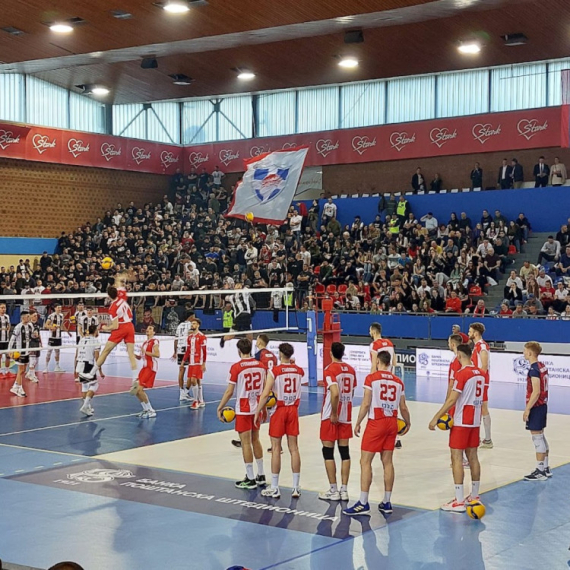


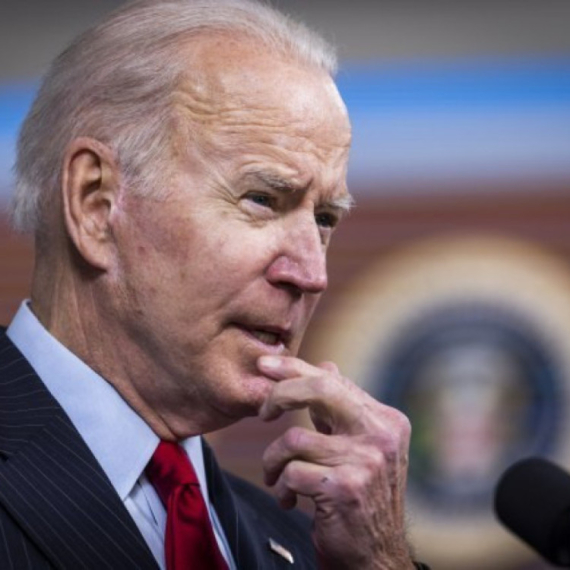
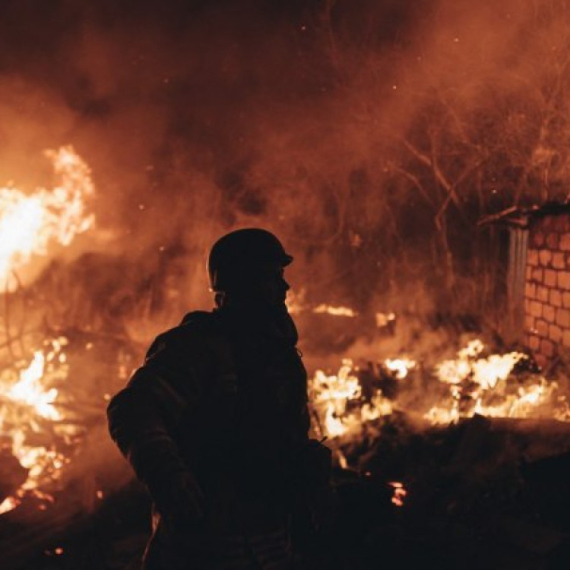
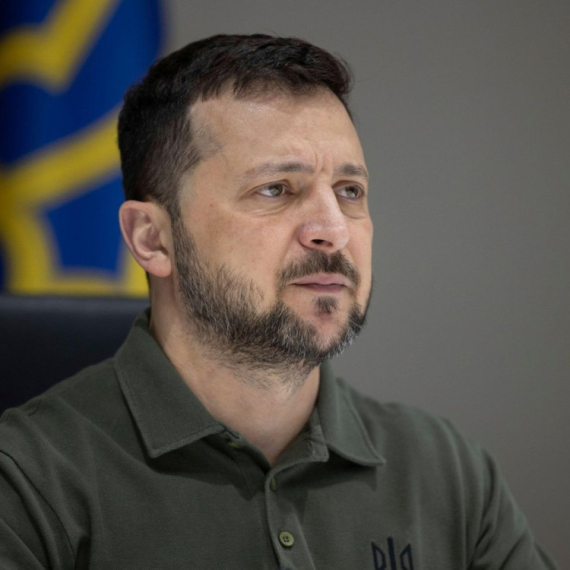
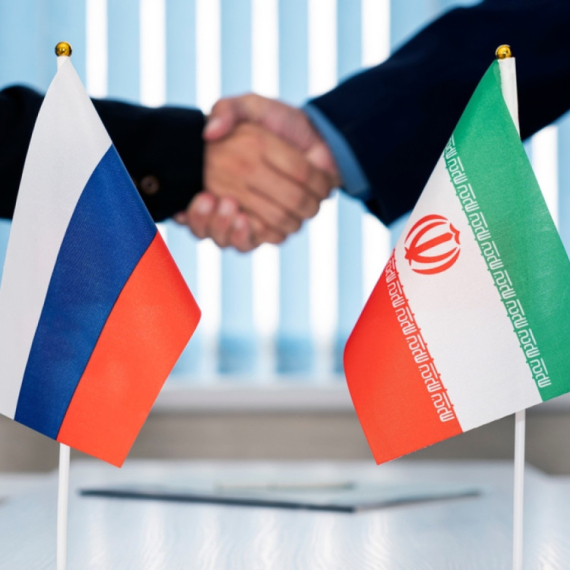
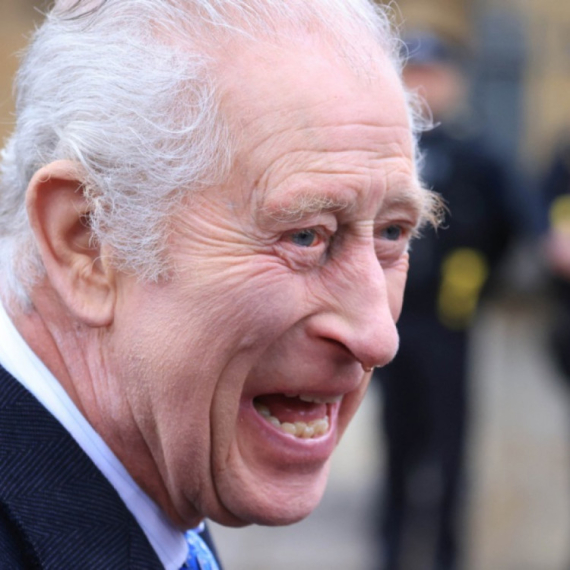
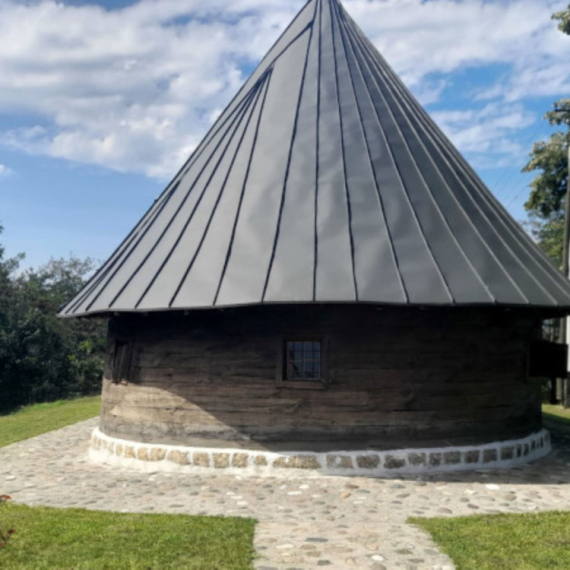


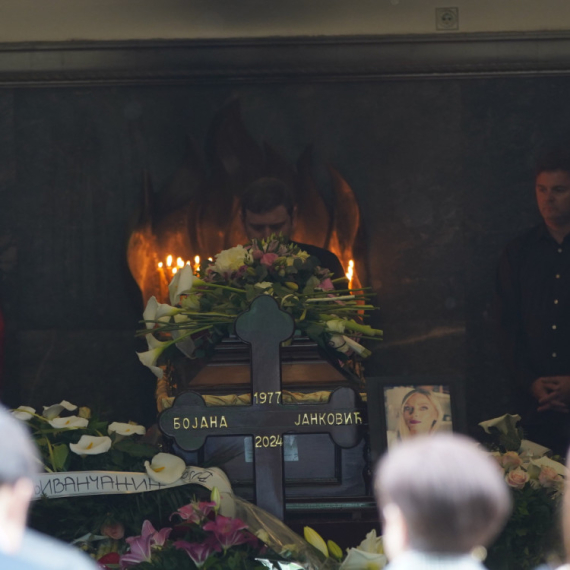































Komentari 6
Pogledaj komentare